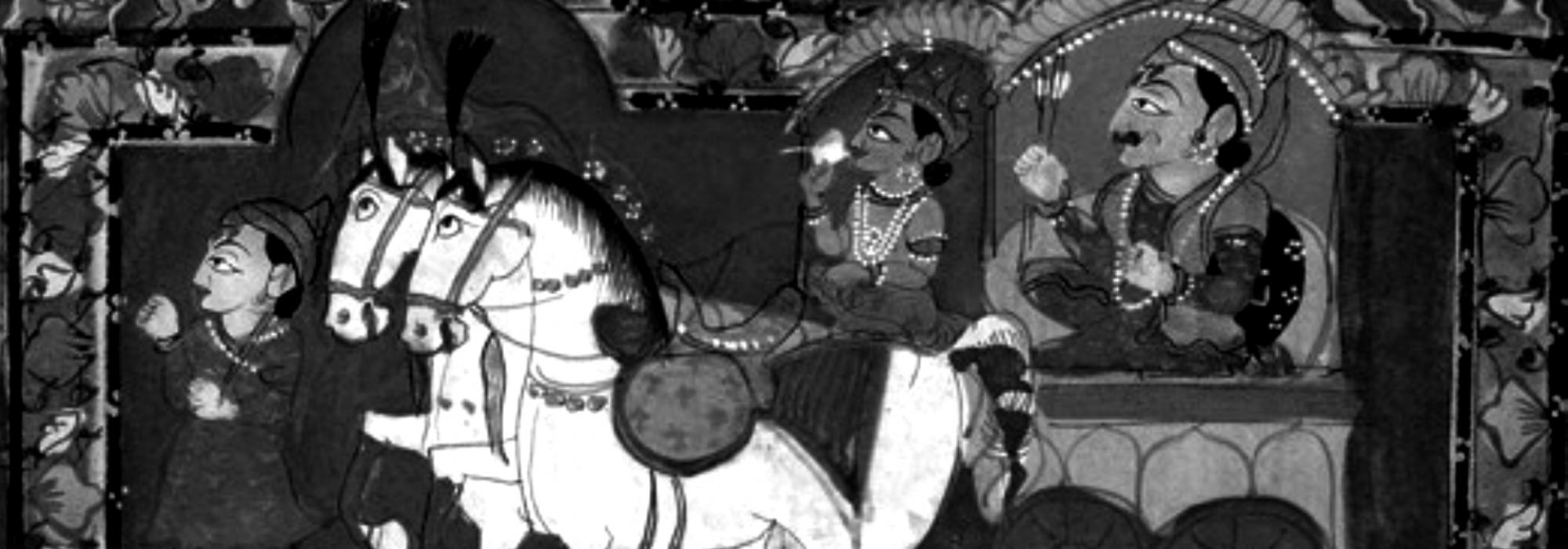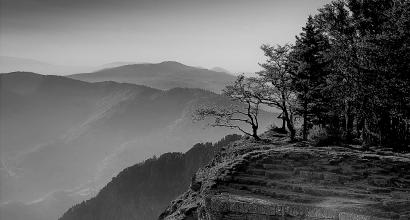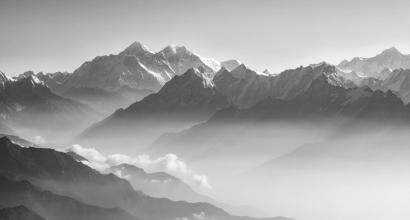While Krishna praises the trait of detachment and contentment, he emphasizes the need for hard work. At the risk of sounding paradoxical, he says in the Gita – I’ve achieved everything, yet I continue to work (BG 3.22); If I fail to work tirelessly, humans will blindly follow my example and sit idle (BG 3.23); If I didn’t work, the worlds would perish and I would become the cause of chaos (BG 3.24).
Why does he say this? Krishna knows that if he doesn’t do anything, he won’t personally lose anything. If he does what he does, it doesn’t lead to any personal gain. But if he doesn’t do anything, the world will perish. The point here is that when it comes to our fundamental duties, we should do it even though it might not bring us immediate, short-term profit. Because in the long run, it helps sustain the universe. This is why Krishna repeatedly tells Arjuna, don’t be lazy (BG 2.47, 3.8, 18.28, etc.).
Krishna’s personal life often saw ups and downs. He hardly stayed at one place. He rarely enjoyed sustained peace in the kingdoms he ruled or was a part of. Some trouble or the other kept coming his way. But never once did he lose his inner fortitude. In the midst of chaos, he had the power of being absolutely silent and self-restrained. He rarely lost his gentle touch and genuinely cared for people’s welfare. His smile warmed many a heart. His life is an example of what he speaks of as the austerity of mind (तपो मानसम्) – “Silence, serenity of mind, self-control, gentleness, and purity of thought and being” (BG 17.16) He performed tapas in body, speech, and mind. His life is one long tapas, but not done in the caves of the Himalayas or in the Dvaita forest; he led his life in the midst of activity and yet remained still (see BG 4.18-23).
When the war loomed large, Balarama went off to a pilgrimage because he didn’t know whom to support. He became non-aligned not by his reasoning but because he couldn’t resolve an inner dilemma. Krishna has no such dilemmas. He goes to the battlefield for a blood pilgrimage. And even in that field of blood and horror and death, he is able to retain his calmness. He is able to stay detached, untouched, untainted. He is able to remain in the state of yoga (see BG 5.23). On the battlefield of death, he gives the timeless message for life.
Without lifting a weapon, he became a hero. It was not what he did that was important but rather how he did it. It aligns with what he says in the Gita, “One attains perfection when he is committed to his work” (BG 18.45).
To be continued...










































